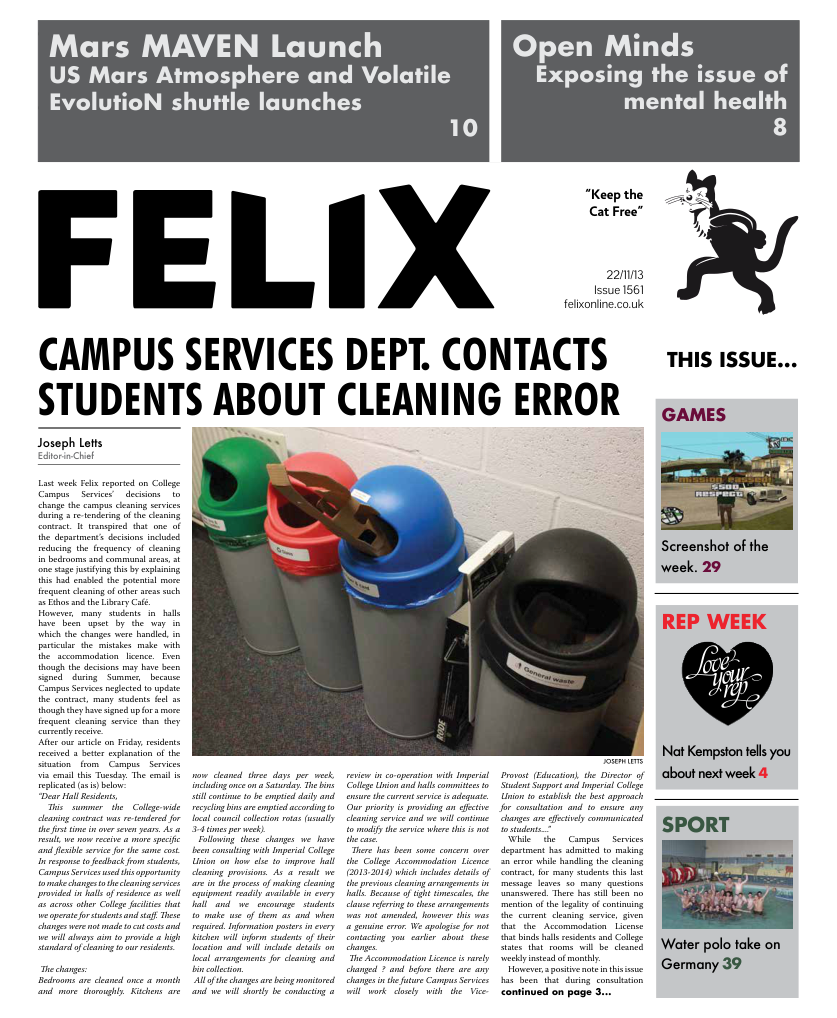Hidden jobs… How to find them
Have you ever wondered why the very job you are madly interested in you never see advertised?
Have you ever wondered why the very job you are madly interested in you never see advertised? Well it could be that it is part of the ‘Hidden Job’ market. It is estimated that approximately 70% of all vacancies filled have never been openly advertised. This can be particularly prevalent for what are called ‘experienced hire’ opportunities but it can also be common in certain industry sectors at the graduate and intern level. So why are some jobs hidden like this? Well there are several reasons. Firstly it takes time and money to advertise job opportunities so if your company is in a sector that is highly sought after then you might prefer to wait for potential candidates to come knocking on your door. For smaller companies who only recruit as and when the need arises there might be a fear of being swamped if they make their opportunities too public. In some cases the work area is highly specialised and so only a known group of people possess the right skill set so why look further afield; and finally many jobs are filled through contacts and networking, so it is all about who you know. So to maximise your job hunting chances you need to take into account this hidden factor as well as the more openly advertised opportunities.
So how do you break into this mystery area? Here are four golden rules that will help you succeed.
Research – It is important that you understand the normal recruitment methods for the work you are trying to get into. Does the sector almost always advertise or not? An easy way to find this out is by checking regularly in all the normal sources for vacancies such as newspapers, specialist journals, career websites, company websites and of course JobsLive. If you can’t find what you are looking for it does not necessarily mean it doesn’t exist, it could just require a little more effort and ingenuity to find it. Your careers consultant at College will be able to help you understand the norm for the area you are trying to get into so consider booking an appointment to see the careers consultant who works with your degree course. There is also useful information on the www.prospects.ac.uk website Types of Jobs section with details on a wide variety of occupational areas including information about typical sources for vacancies. While you are researching the work area it is important to understand what skills are required for the work as well because a big part of this type of job hunting involves selling your skills.
Sell your skills – Knowing what you have to offer is all important in the ‘Hidden Job’ market. It will be down to you to understand how your knowledge, experience and skills fit with the work you are interested in, and then marketing them in a way that is going to be irresistible to a potential employer. It is all about showing what benefits you can bring to the organisation. Make sure when you are constructing your CV and covering letter that you are highlighting all the right areas of expertise. Provide good clear evidence of what you can do; show that you understand who they are and the work they are engaged in. The speculative cover letter needs to capture their attention and leave them wanting to find out more about you. There is useful information on writing cover letters at http://bit.ly/1aEIOFb.
Be proactive – Planning your strategy is vital. Firstly, from your research, you need to create a target list of potential employers. The more effort you put into this and the more imaginatively you think about possible resources the more likely you are to come up with a long target list unique to you. There are the obvious areas such as using internet searches but you could also think about other resources. Specialist journals and publications have articles which may name key players in the sector, who has recently been active in research, winning contracts, developing innovation, collaborating with other companies etc. Some publications may carry job adverts but they may also carry adverts for products or services and you can use these as a way of researching companies too. If you know the sector you are interested in holds information/trade fairs these can also be good ways to seek out company details. Having put together your target list try to find a named contact. It always pays to send a speculative letter or email to a specific person. It is very easy to hit the delete button if you feel a message is not personally addressed to you but if it has your name at the top human nature tends to make us much more likely to reply. So check company web pages where you will often find an ‘about us’ section which may include lists of key personnel.
The next step is to decide how to approach them. Here it pays to be subtle: the ‘Give us a job’ up front attack does not always pay off. It can help to use a ‘softly, softly’ strategy where you build up some connection first. Have you got a reason to make contact? Are you doing something on your course: an assignment, a project, some research that would give you an opening? Sometimes asking for some help or information relating to your degree or research can provide just the right opportunity to develop a connection further and you will be surprised how often people will respond to this type of request for assistance. Then, having made the connection, it is a lot easier to build this up step by step. You could ask for a short meeting to find out more about their particular work area, advice on your CV, possibly a request to work shadow for a day. Getting yourself known and having a ‘foot in the door’ are just the keys needed to unlocking this hidden market.
Network and use your contacts – Making use of your network is also essential and in this type of job hunting it is all about building up that list of contacts. Make sure people know what type of work you are interested in. You will be surprised how, in the course of general conversation, someone will know of someone else who happens to work in that area. Also if you do make speculative approaches which are not successful always follow up by asking if they happen to know someone else who you might contact. That gives you another name to add to your target list and can also act as an introduction, “x suggested I contact you about…” Use your friends, parents, family, colleagues, academics, family friends and all of their contacts to spread you potential network and provided you approach them diplomatically and politely this extended web of contacts will prove to be a fantastic resource. For more help in how to network for success check our Quick Guide on Networking at http://bit.ly/1aPTFsI. Hopefully this article will have given you a starting point in breaking into the ‘Hidden Job’ market but if you need further help get in touch.




